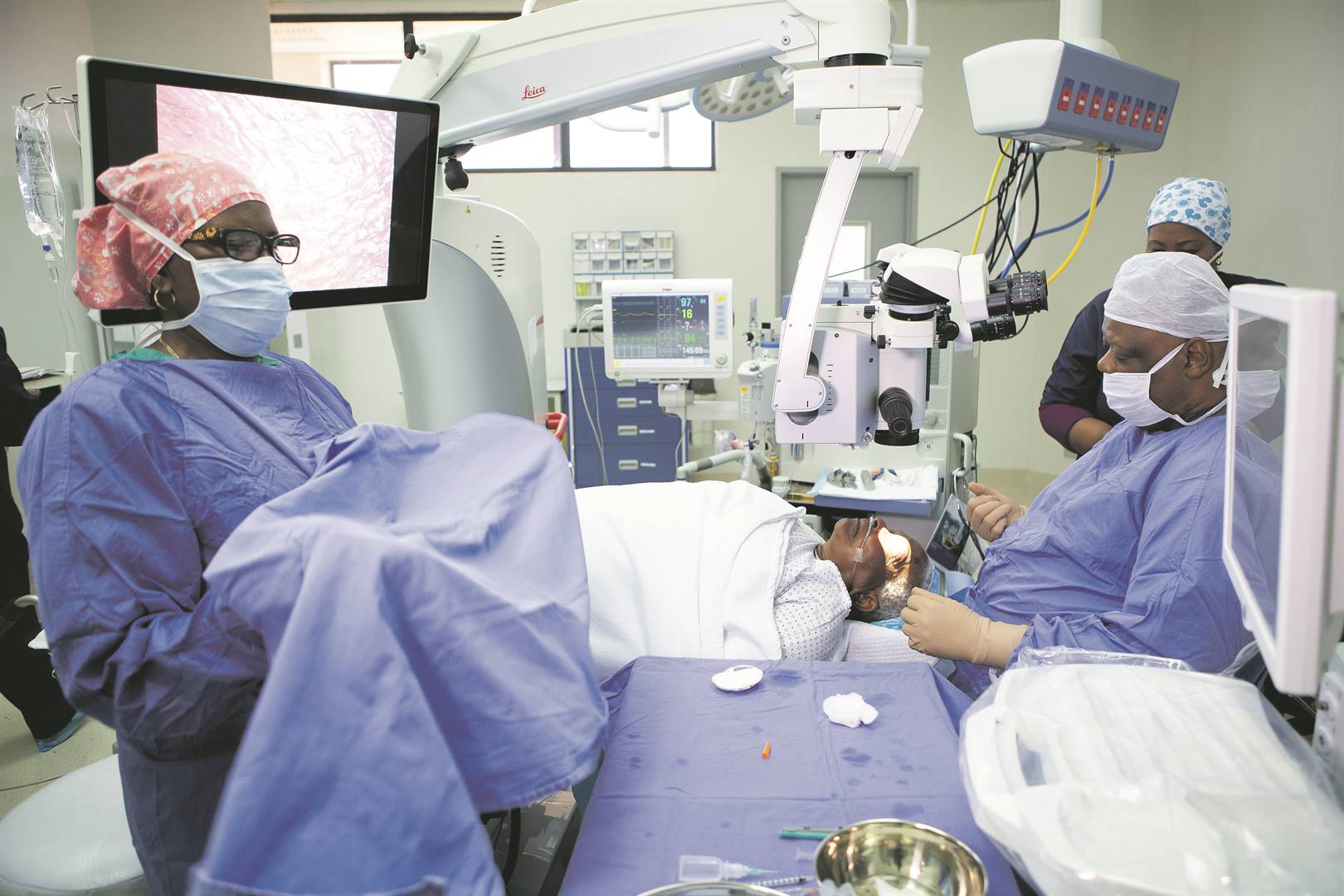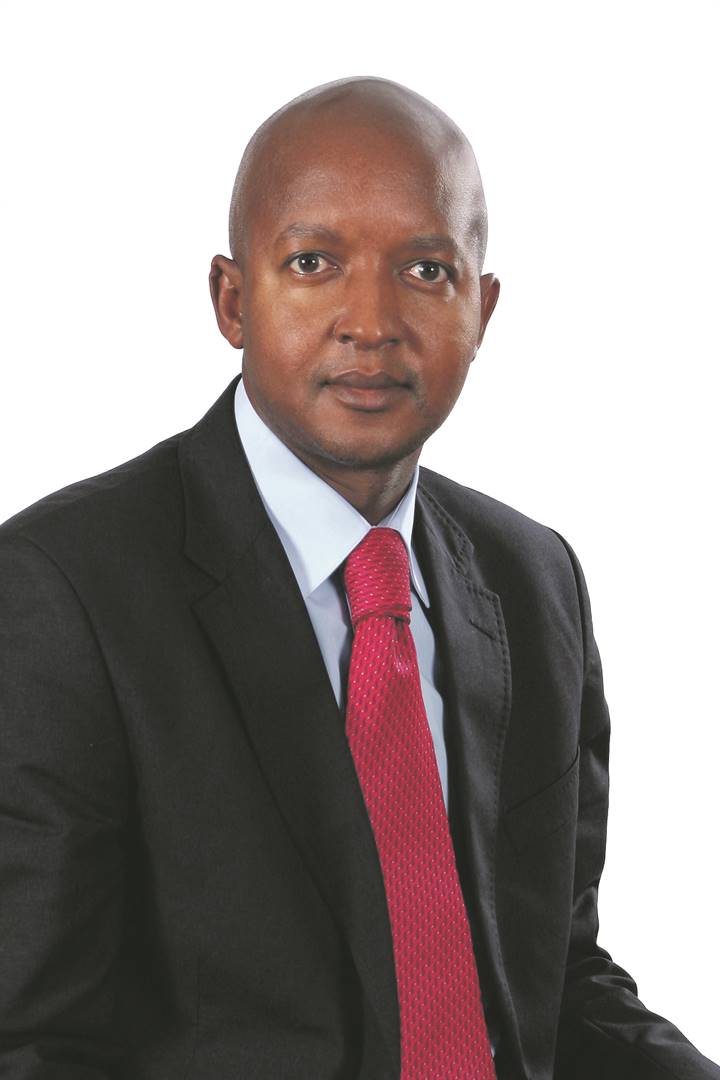
Communication on the vision, objectives and administration of the NHI will be critical as the process unfolds towards being finalised
Last month, government introduced the enabling legislation of the National Health Insurance (NHI) to Parliament, which aims to provide universal health coverage through a mandatory and central fund that will be the purchaser of healthcare from accredited service providers.
Once successfully implemented, the legislation will see the majority of South Africans access high quality healthcare.
Government estimates that 16% of the country’s population is on private healthcare, which costs R250 billion while the vast majority is on public health which costs R220 billion.
In terms of the NHI Bill, the chief source of income for the fund will be various taxes.
There is fierce contestation among political parties and key stakeholders on the design and implementation of the NHI.
The focus of this article is on the political dimension.
The official opposition, the DA’s response has been that it is not opposed to the principle of accessible quality healthcare for all, but is vehemently against the mechanism of the NHI Bill.
According to the DA, the bill is unconstitutional, among other things, to the extent that it tampers with the powers of provinces in the provision of healthcare.
It may well be that although the stated reason of the DA in opposing the NHI includes legality, the motivation could be its philosophical leaning, which is libertarian.
A statement issued by the DA spokesperson on health said the bill is fundamentally problematic, because: “The financing of this bill will mean the imposition of a new tax on ordinary South Africans to fund this new state-owned enterprise. And the bill [also] removes the autonomy of South Africans to choose their own health care.”
The DA’s alternative is mainly focused on fixing the public health system while preserving private healthcare.
Libertarianism advocates free markets, in which there is freedom of choice and the minimal state intervention.
It was best represented in the 1980s by Ronald Reagan and Margaret Thatcher.
The libertarian school of thought stands against government intervention that mandates some people to help others – taxing the rich for purposes of redistributing income and wealth, subsiding healthcare of others in the NHI case.
This violates freedom of individuals to do what they want with their hard-earned income and wealth.
The libertarian logic is underpinned by an egotistic morality best represented by philosophers such as Herbert Spencer.
In his book The Principles of Ethics first published in 1900, Spencer used the theory of evolution through natural selection to explain how society was organised.
He asserted that life of humans in society was a struggle for existence, ruled by “survival of the fittest”, similar to animals.
Accordingly, the weak and the poor should be left to their fate and not be allowed to impede the rise of the strong and more able.
President Cyril Ramaphosa, answering a question on the NHI in the National Assembly last month, spoke on how the NHI was underpinned by principles of fairness, equity and social justice.
He shared what he was told by former Swedish prime minister Olof Palme, about their own universal healthcare.
Palme told him that one of the country’s previous prime minsters, Tage Fritjof Erlander, had ended up in hospital in a ward of four people.
He found himself lying next to somebody whom on conversation, he discovered was a steel worker.
Erlander then said to this person: “This is exactly what we were working to achieve, that a steel worker could lie in hospital with the prime minister and get the same medical care.”
Ramaphosa then told the National Assembly: “This is precisely what this is about – we want to improve and revolutionise our healthcare … ”
If I may respectfully add to the president, “and engender human solidarity”.
South Africans, given the vast inequalities, are increasingly living separate lives and ironically expect social order.
The middle class and the rich live in gated communities with private security, send children to private schools and top public schools in the suburbs, and use private healthcare.
This means there are diminishing public spaces where citizens from different backgrounds – economically and socially – meet and understand each other, and engage on common problems and solutions – so the social distance can only become bigger.
This is particularly critical for South Africa, given its recent history.
The other objection to the NHI is that, because it will be a publicly owned fund, it will be prone to corruption and mismanagement as has happened with other public entities such as Denel, Transnet, SAA and Eskom.
It must be said that there is nothing innately corrupt about public entities. Corruption is human-made and usually starts with appointments.
So appoint the most competent and ethical into leadership and management and respect the independence of such institutions.
In some business quarters, it has been said that the timing of the introduction of the NHI is not right, given the current economic situation and fiscal constraints.
Further, the NHI creates policy uncertainty and therefore is not conducive to investments.
It must be stated that the National Treasury is better placed to lead on the costing and financing of the NHI.
Maybe at some point, South Africans will have to define what constitutes policy uncertainty, so that the concept may not be thrown at anything people are opposed to.
Concerns raised around implementation issues are valid and must be addressed.
The report on the evaluation of the first phase shows mixed results and final recommendations must be implemented to demonstrate readiness.
The gradual implementation of the NHI has to be open and transparent with accountability.
It could be argued that Discovery, the largest private medical health insurer in South Africa, like all medical schemes, stands to lose benefits under the current status quo, but it has adopted an interesting disposition towards the NHI – positive and constructive.
This is unlike what South Africa experienced in the past from big business, when government introduced similar progressive and major laws.
I do not know if it would be gullible to suggest that the example of cooperation with government set by the leadership of Discovery is a sign of the beginning of transformation of “hearts” in big business.
Big business tends to be out of touch with lived experiences of the people in communities they operate in.
The recent compact of the health sector, signed by government and key stakeholders, must be welcome as it is the right way to go towards building a new society.
Some sacrifices have to be made in order to succeed.
Former US President Barack Obama, in his Nelson Mandela Memorial Lecture last year, called for an inclusive market-based system.
He described it as one that, among other things, maintains some form of progressive taxation so that rich people are still rich but they give a little bit back to make sure that everybody has something to pay for universal healthcare and retirement security.
I believe that many middle class South Africans, black and white, have questions on the rationale and practicality of the NHI.
Communication on the vision, objectives and administration of the NHI will be critical as the process unfolds towards the bill being finalised by the National Assembly.
Tsengiwe is former chief commissioner of the International Trade Administration Commission of SA
TALK TO US
Do you believe the implementation of the NHI will bring fairness, equity and social justice in South Africa?
SMS us on 35697 using the keyword NHI and tell us what you think. Please include your name and province. SMSes cost R1.50. By participating, you agree to receive occasional marketing material




 Publications
Publications
 Partners
Partners









